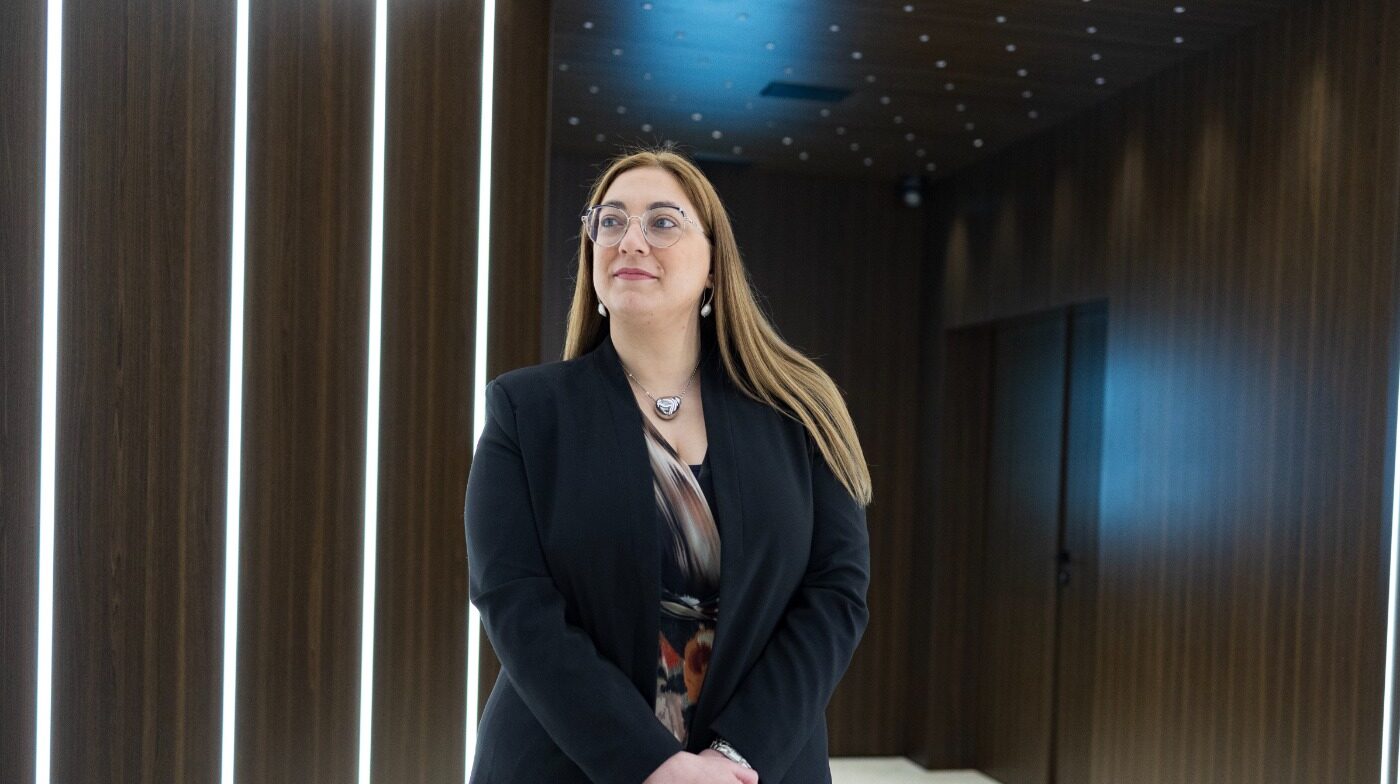After one year at the helm, Kenneth Brincat gives us insight into his role as CEO of the Malta Digital Innovation Authority. The MDIA is the first regulator of its kind in the world, certifying Distributed Ledger Technology (DLT) platforms and smart contracts while handling the voluntary registration of technology arrangements.
What value does the Malta Digital Innovation Authority (MDIA) offer investors in this sector? Malta was the first jurisdiction in the world to establish a legal framework aimed at crypto assets and the underlying technologies. The approach Malta took was an innovative one – it is widely recognised that due diligence on the service providers and the services themselves is necessary in order to safeguard users and investors. However, Malta recognised that when it comes to innovative technology, there are additional risks that, as a jurisdiction, one would want to safeguard against. When failure of technology can result in major losses, be it of assets or otherwise, there lies a moral obligation to safeguard users through due diligence on the underlying technology.
The role of the MDIA lies in regulating with respect to technology safety. Indirectly, this safeguards investors, who can be assured that the technology is sound. The assurance being provided means that the technology at hand is doing what it is meant to do, and investors therefore have peace of mind that their money is being put into a serious product. Having such regulation in place also sends a clear message that Malta is serious about this sector, and on addressing matters related to it in the best possible way. We strongly believe that regulation can be used to enable, rather than hinder, technological innovation. This is backed up by the MDIA’s open-door policy, through which it is always available for dialogue on how to better enhance the local ecosystem, especially when collaborating with other entities.
What benefits can prospective investors in the innovation space expect when setting up in Malta? Adopting such an approach has made Malta an attractive jurisdiction with multiple advantages. Most importantly, it shows that the country embraces a stance through which regulation helps in the attainment of the benefits that new technology offers. Investors find peace of mind in knowing that their investments are supported by a legal framework, especially since, by their very nature, it is difficult for the user to have an informed opinion on the security and safety of innovative technological services and products. Providing tools that enable such an informed opinion empowers users and gives investors further assurances when backing innovative technologies.
The Authority also offers a sandbox environment for early-stage developments in the field. What does this mean and how do investors and entrepreneurs benefit from it?
The Technology Assurance Sandbox is a facility designed to support the development of innovative digital products and services. The approach provides particular value to start-ups and smaller players, allowing them to have official recognition of their use of appropriate care and adoption of international standards when developing their solutions. We are now seeing the adoption of such technology[1]oriented sandboxes as a regulatory tool by the EU, as well as an enabling tool in the private sector, by, for example, Meta.
What are the main new trends and phenomena in innovative development that are best suited to Malta?
Many innovative technologies developed over the past few decades have enabled the scaling up of existing processes. For instance, while fraud detection in financial services was, until recently, largely a manual process aided by automated tools, recent advances in AI have enabled more thorough and fine-grained analysis that would have required too many resources using traditional approaches. Given the size of Malta, innovative technologies can be scaled up to a national level, while connecting the different applications for a harmonised approach. This can be seen, for instance, in the National AI Strategy, which specifies six projects that are aimed at adopting AI into everyday life with a focus on leaving a positive impact on society. The projects range from traffic management to education to health, with a common goal of collecting and collating data which would otherwise be difficult to analyse manually. AI techniques will enable the analysis of this data to improve and enhance the quality of our everyday lives.
Editorial Note – This interview was conducted for our sister brand, and international investment guide, Malta Invest 2023
This feature was first carried in iGaming Capital magazine 2023, the sister publication to iGamingCapital.mt, produced by Content House Group
Continue Reading
New research reveals the most popular online casino games in Europe
Keno, a game similar to lotteries, has come out on top
CasinoBeats Summit, Headlined by ‘Doom Guy’ John Romero, to draw 4,500 delegates to Malta
The educational component of the event, featuring over 150 experts, will provide in-depth insights into various aspects of the gaming industry
Evoplay expands footprint in Georgia with Europebet partnership
This latest deal will see more than 20 of Evoplay’s most revered titles available for Georgian players through Europebet’s online casino
Turkish Airlines releases new ad with José Mourinho
Turkish Airlines is an official sponsor of the UEFA Champions League










